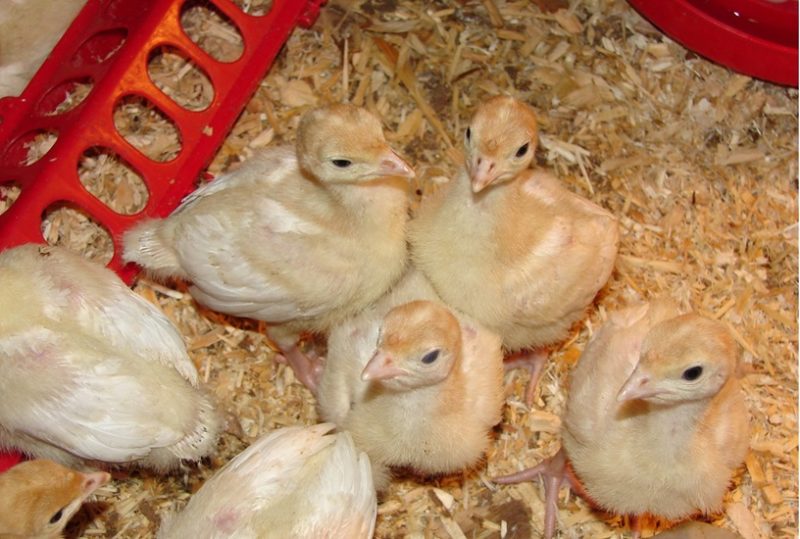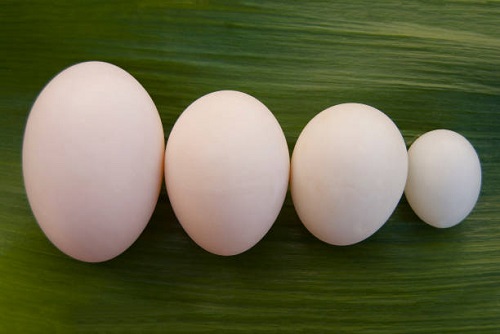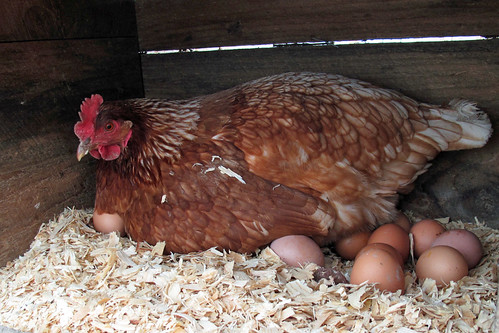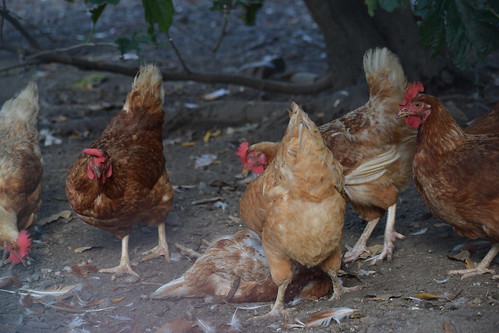Brooding and caring for baby turkeys might be easy for some experienced turkey or poultry farmers. However, some people (especially newbies or starter farmers) have challenges taking care of a baby turkey. Some of these challenges include how to brood new baby turkeys, what to feed them with or how to vaccinate them or give them drugs.
What is a baby turkey and what is a baby turkey called?
A baby turkey is a newly hatched or young turkey up to 4 weeks of age. A baby turkey is called POULT. A young male turkey is called JAKE while a young female is called JENNY. An adult male turkey is called TOM and an adult female turkey is called HEN.
How to Brood Baby Turkeys
Brooding of turkey poults is the same as brooding of chicks. Before you can brood poults, you will need to set a brooder. A brooder (also called a brooder/brooding house) is the place where you keep day-old poults providing them with artificial warmth, water and feed until they are about 4 weeks old. The equipment and materials required for brooding are:
- Brooder guards
- Heater
- Hover
- Thermometer
- Hygrometer
- Electric bulbs or lamps
- Wood shavings or any other available litter materials
- Feeder
- Drinker
- Buckets and bowls
What to do before the arrival of the poults
- In two weeks before the poults arrive, check the brooder house for leaks or cracks where rodents or snakes can exploit. If there are, ensure that they are blocked. Wash, disinfect and fumigate the entire brooder
- Cover the brooder floor with the litter materials
- Spread old newspapers on the littered floor
- Wash and arrange the drinkers and feeders and ensure they are in good working conditions including other equipment
What to do when the poults arrive
- Quickly unbox the poults and inspect them individually for defects and quickly placed under the brooder.
- Add glucose or multivitamins in the drinking water and serve the poults immediately. Provide them with starter feed after.
- Ensure that the heaters are on and the room temperature is about 95oF to 105oF and this should be maintained both day and night for the first several days then you can slowly drop it by about 5 degrees a week
- Watch the poults for the best indication of how you need to adjust the temperature. Cold poults will huddle together, even smothering the ones unlucky enough to be on the bottom. If they are too hot they will get as far away from the source of heat as possible and lay out panting, acting listless. Poults that are comfortable will move around peeping quietly or sleeping peacefully.
Other Baby Turkey Care Tips
- Make sure there is plenty of starter mash in the feeders, and that the poults have fresh, clean water at all times. The water should be about body temperature to guard against the turkeys getting a chill.
- Twice a week sprinkle grit over the mash so that the poults can digest their food properly.
- Watch for pasting up, an ailment in which the droppings stick to the backside of the bird and it cannot eliminate. If this happens gently clean the droppings off with some mineral oil or warm water. All the way through the growth process, ensure that the poults have a clean living space and humane treatment.
- After about four weeks the birds can go outside to an enclosed and protected area as long as the temperature stays above 70 degrees. Continue making sure that they have fresh water at all times and feed is plentiful.
I have written a more detailed article on the brooding of chicks and poults. Read it here.
Vaccination Schedule for Turkey
Apart from deworming and giving antibiotics to turkey poults, it is necessary to vaccinate them to prevent them from coming down with specific diseases. Below is a vaccination schedule for turkey.
| AGE | VACCINE | ROUTE OF ADMINISTRATION |
|---|---|---|
| Day 1 | 1st NDV Lasota | Spray or oral |
| Week 6 | Fowl Pox | Wing Web |
| Week 9-10 | 2nd NDV Lasota | Oral |
| Week 12 | Fowl Cholera | Oral |
| Week 15 | 3rd NDV Lasota | Oral |
You can read a full guide on turkey farming here.



